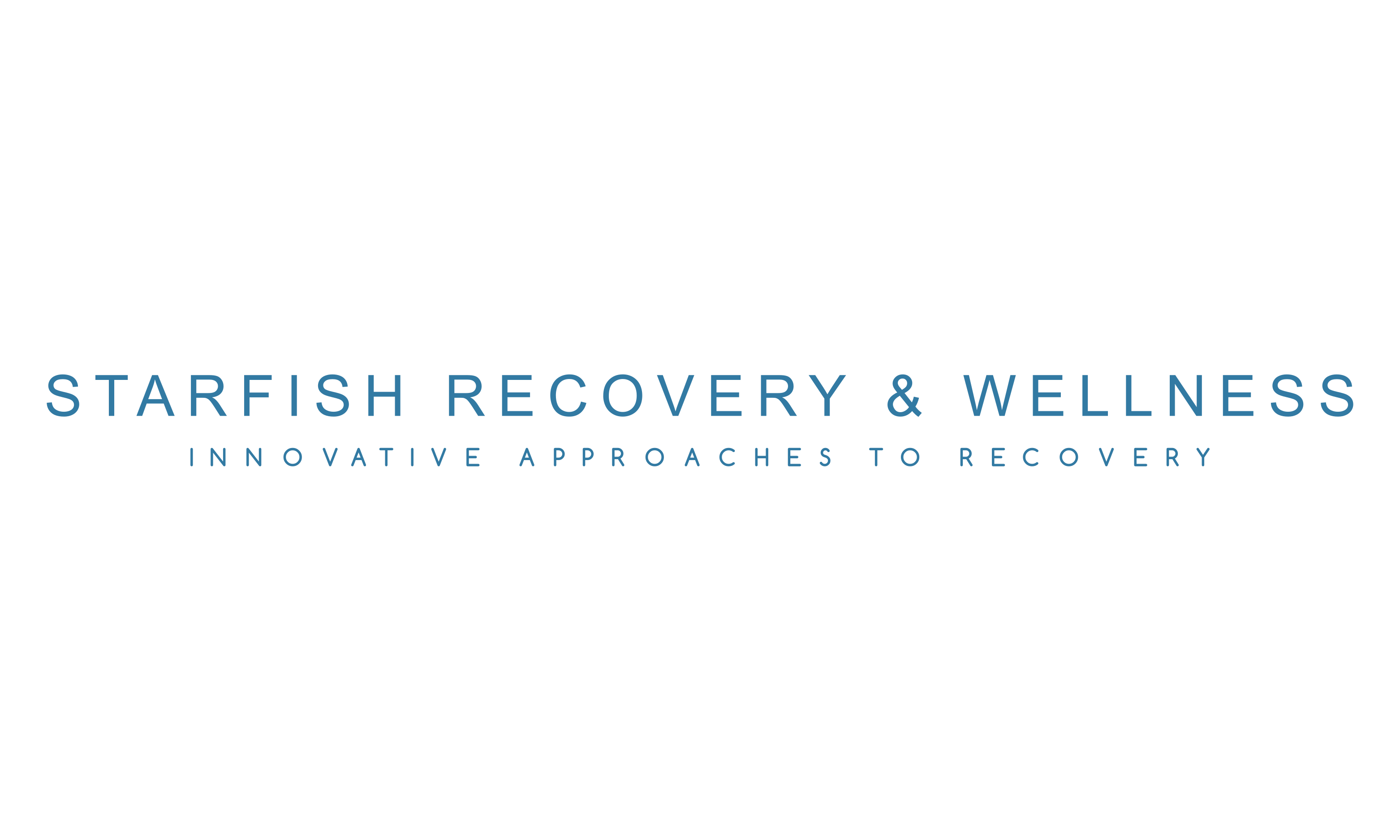May marks Mental Health Awareness Month, a time dedicated to shedding light on the complexities of mental health and promoting understanding and support for those affected. This year, amidst the backdrop of ongoing global challenges, it’s crucial to spotlight a particularly intertwined aspect of mental health: Substance Use Disorder (SUD). While often stigmatized and misunderstood, SUD is a prevalent issue deserving of attention and compassion.
### Understanding Substance Use Disorder:
Substance Use Disorder encompasses a range of conditions where an individual’s use of substances such as alcohol, drugs, or medications leads to significant impairment or distress. It’s not merely a matter of choice or lack of willpower; rather, it’s a complex interplay of genetic, environmental, and psychological factors.
People with SUD may struggle to control their substance use, experience cravings, and continue using despite negative consequences. It’s essential to recognize that SUD is a medical condition, not a moral failing, and individuals battling it deserve empathy and access to appropriate treatment and support.
### The Intersection with Mental Health:
The relationship between mental health and substance use is intricate and bidirectional. Many individuals turn to substances as a way to cope with underlying mental health issues such as depression, anxiety, trauma, or stress. However, substance use can exacerbate these conditions, leading to a vicious cycle of dependence and deteriorating mental health.
Conversely, substance abuse can also precipitate mental health disorders. Prolonged substance use can alter brain chemistry, leading to symptoms of anxiety, depression, or psychosis. Untangling this web of co-occurring disorders requires a comprehensive approach that addresses both substance use and mental health concerns simultaneously.
### Breaking the Stigma:
Stigma remains a significant barrier to seeking help for both mental health and substance use issues. The fear of judgment and discrimination often prevents individuals from reaching out for support or disclosing their struggles to others. It’s crucial to foster an environment of acceptance and understanding, where people feel safe to seek help without fear of reproach.
Education and open dialogue are powerful tools in combatting stigma. By dispelling myths and misconceptions surrounding SUD and mental health, we can create a more inclusive and supportive community where individuals feel empowered to seek the assistance they need.
### Promoting Awareness and Support:
During Mental Health Awareness Month, let’s recommit ourselves to promoting awareness and support for individuals affected by Substance Use Disorder. Here are some ways we can make a difference:
1. **Education:** Educate yourself and others about the signs, symptoms, and treatment options for SUD and co-occurring mental health disorders.
2. **Support:** Offer non-judgmental support to those struggling with substance use or mental health issues. Let them know they’re not alone and that help is available.
3. **Advocacy:** Advocate for policies and initiatives that prioritize mental health and substance abuse treatment, destigmatize these issues, and expand access to resources and support services.
4. **Self-care:** Take care of your own mental health and well-being. Practice self-care strategies and seek support if you’re struggling.
### Conclusion:
Mental Health Awareness Month serves as a poignant reminder of the importance of compassion, understanding, and support for all individuals navigating mental health challenges, including Substance Use Disorder. By fostering open dialogue, combating stigma, and advocating for comprehensive care, we can create a more compassionate and inclusive society where everyone has the opportunity to thrive. Let’s stand together in solidarity and support, reaffirming our commitment to mental health and well-being for all.




